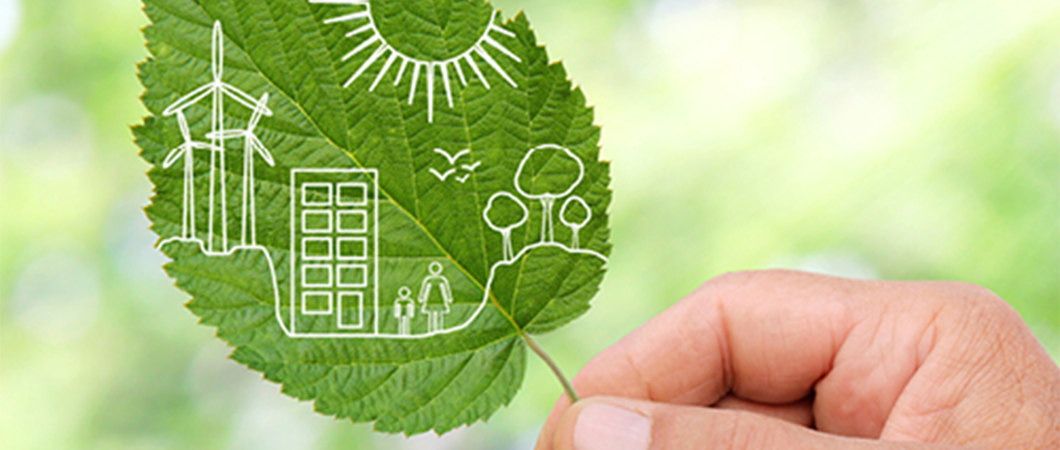Environmental irresponsibility in business is no longer an option. In fact, a poll conducted by the UK's Institute of Business Ethics (IBE) indicated that environmental responsibility should be one of the top priorities for business leaders.

Articles about imminent global disasters as a result of climate change are dominating the headlines on an almost daily basis. Whether rising seas, declining air quality, or animal species on the verge of extinction, people are more mindful than ever about the impact of their consumer choices.
One way this can work is by employees actively seeking to be more mindful about their day-to-day activities. This means being more present in even the most routine of activities. So, when a regularly-scheduled meeting would normally descend into quick and unconsidered reports on individual activities, a person being more mindful can seek to treat the experience as an opportunity to practice their people management and communication skills. If you're more open to learning, it's amazing how many more places you'll see learning opportunities.
Not surprisingly, the generations who will bear the brunt of the actions of previous generations with regards to climate change - Generation Z and Millennials - are leading the way. The growing school strikes for climate change movement spearheaded by climate activist Greta Thunberg, the rise in veganism and demand for vegan products, and numerous other 'green' lifestyle and behavioral changes, are making governments and corporations sit up and take notice. A survey by Global Web Index indicated that millennials are more likely than any other generation to pay extra for sustainable products. Generation Z will not be far behind as their earning power grows. And although consumers feel responsible for the future of the planet, the majority also believe that responsibility lies with business and industry.
Global brands have quickly realized that these changing consumer preferences demand a serious response from them. From McDonalds' use of energy efficient appliances and Google's funding of green energy products to Coca-Cola's work on sustainable packaging and Toyota's Prius, the world's first mass-market hybrid vehicle, the corporate giants are making significant strides to integrate green practices into their business functions.
The impulse to go green is gaining momentum in the UAE too. In recent months Sheikha Shamma bint Sultan bin Khalifa Al Nahyan, President Sheikh Khalifa's granddaughter and Chief Executive of the awareness body Alliances for Global Sustainability, has called on the nation to tackle climate change. In 2018 Waitrose Abu Dhabi introduced a charge for single-use plastic bags in its five Abu Dhabi stores that resulted in a 75% reduction of bags. Facebook group Plastic Free UAE, set up to raise awareness for the environmental implications of single-use plastics, is providing a forum for consumers to scrutinize and discuss business practices, with members directly lobbying organizations on issues such as banning single-use plastic including drinking straws, disposable coffee cups, food containers, and packaging.


